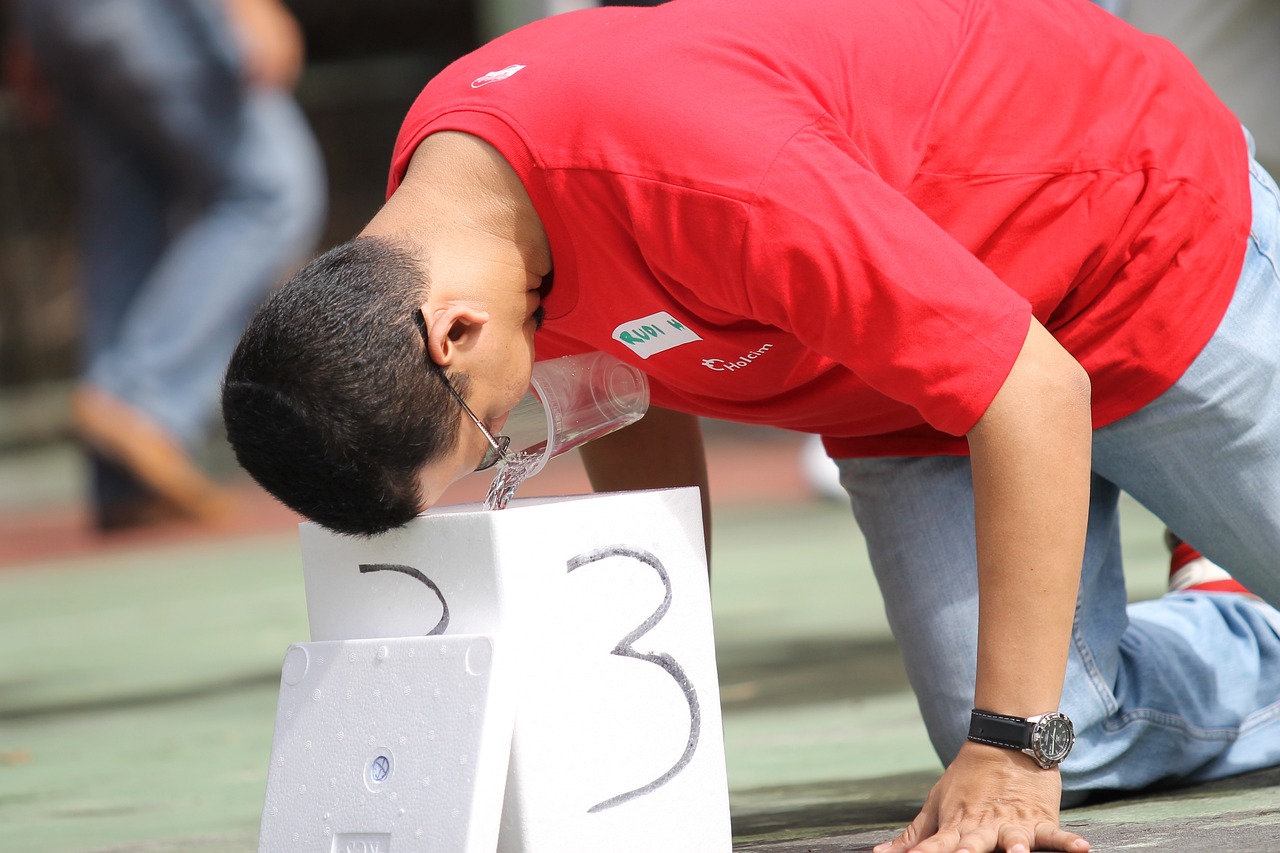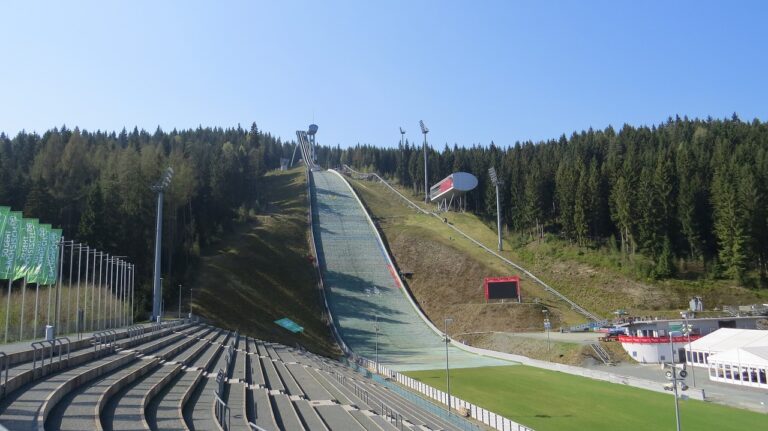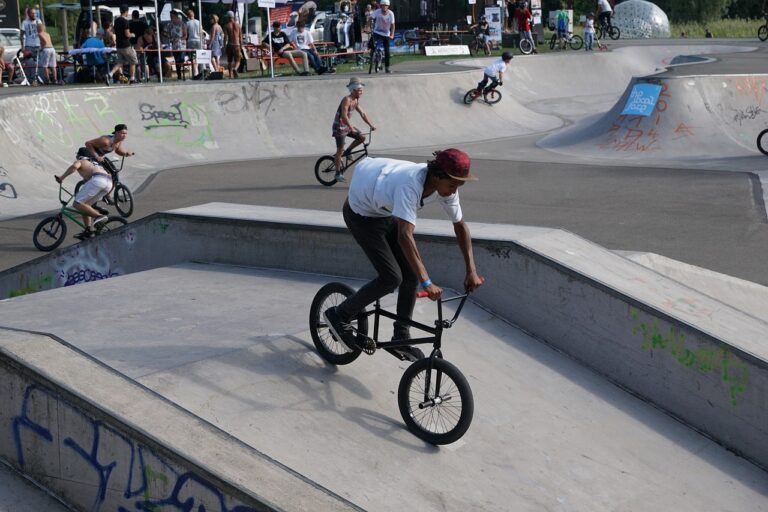The Impact of Sleep on Athletic Performance: Bet book 250.com, Radhe exchange login, Yolo247 club login
bet book 250.com, radhe exchange login, yolo247 club login: When it comes to athletic performance, many factors come into play. Training, nutrition, and mindset are all essential components of success in sports. However, one crucial factor that often gets overlooked is sleep. The impact of sleep on athletic performance cannot be understated. In this article, we will delve into why sleep is so important for athletes and how it can make a significant difference in your game.
Why is Sleep Important for Athletes?
1. Muscle Recovery
During sleep, the body repairs and rebuilds muscles that have been broken down during intense workouts. This process is crucial for athletic performance as it allows the athlete to recover faster and perform better in subsequent training sessions and competitions.
2. Hormonal Balance
Sleep plays a vital role in hormonal balance, particularly with hormones like cortisol and testosterone. Cortisol, known as the stress hormone, can affect an athlete’s ability to recover and perform at their best. On the other hand, testosterone is essential for muscle growth and repair. Adequate sleep helps maintain a healthy balance of these hormones, promoting optimal performance.
3. Mental Clarity
Adequate sleep is also essential for cognitive function. Athletes who are sleep-deprived may experience cognitive impairment, which can impact decision-making, reaction time, and overall performance on the field or court.
4. Energy Levels
It’s no secret that sleep is essential for maintaining energy levels. Athletes who are well-rested have more energy, endurance, and stamina during workouts and competitions. In contrast, sleep-deprived athletes may feel fatigued, sluggish, and unable to perform at their best.
5. Injury Prevention
Sleep plays a role in injury prevention as well. When the body is well-rested, it is better equipped to handle the physical demands of training and competition. Sleep deprivation can lead to decreased coordination, balance, and reaction time, increasing the risk of injuries.
6. Immune Function
Finally, sleep is crucial for immune function. Athletes who are sleep-deprived are more susceptible to illness and may have a harder time recovering from injuries or intense training sessions. A strong immune system is essential for staying healthy and performing at a high level consistently.
FAQs
Q: How much sleep do athletes need?
A: The amount of sleep needed can vary from person to person, but most athletes require 7-9 hours of quality sleep per night.
Q: Can naps help make up for lost sleep?
A: While naps can be beneficial for some athletes, they should not be used as a replacement for a full night’s sleep. Aim to prioritize nighttime sleep for optimal performance.
Q: What can athletes do to improve their sleep quality?
A: Establish a consistent sleep routine, create a sleep-friendly environment, limit screen time before bed, and practice relaxation techniques such as meditation or deep breathing.
In conclusion, sleep is a critical component of athletic performance. By prioritizing rest and recovery, athletes can enhance their physical, mental, and emotional well-being, ultimately leading to improved performance on the field or court. Remember, sleep is not a luxury, but a necessity for success in sports.







